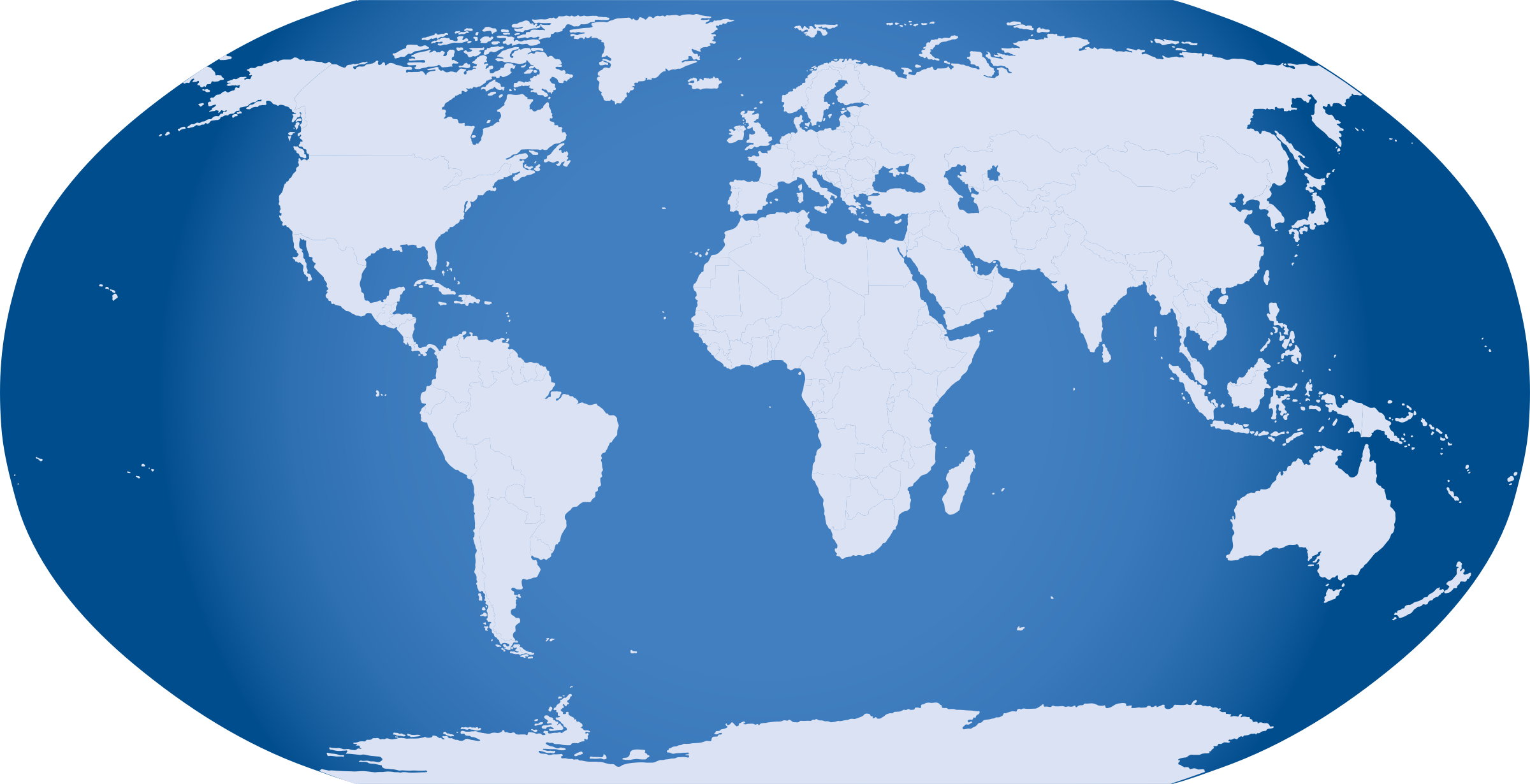In the rich tapestry of Baha’i teachings, the concept of gender equality emerges as a profound principle, often articulated through the metaphor of a bird with two wings—one wing representing men and the other, women. This striking imagery nurtures the understanding that the advancement of civilization necessitates the harmonious collaboration of both genders. But what happens when one wing falters? This intriguing question not only underscores the significance of gender equality but also prompts an exploration into the inherent challenges faced on the path toward achieving this lofty ideal.
The Baha’i teachings reveal that gender equality is not merely a societal reform; it is a fundamental element in the pursuit of global peace and harmony. Abdu’l-Bahá, a prominent figure within the Baha’i Faith, famously proclaimed that “The world of humanity has two wings: one is men and the other is women.” This declaration encapsulates the essence of the Baha’i perspective, emphasizing that the flourishing of society relies on both wings functioning optimally. Without the balanced input of both genders, the flight of humanity is stifled, and progress becomes stunted.
The first place to delve deeper into this concept is through the examination of how historical and cultural frameworks have often restricted the potential of one wing. Across various cultures and epochs, women have frequently been relegated to subordinate roles, a fact that echoes through the corridors of history. This systemic marginalization not only hampers individual growth but obstructs the collective advancement of society. Embracing Baha’i teachings, one must therefore challenge these entrenched societal norms and recognize the invaluable contributions that women can make.
The notion of gender equality within the Baha’i framework transcends mere rhetoric; it permeates the very fabric of community life and governance. Baha’is advocate for equal rights in all areas, including education, work, and leadership. The Baha’i community fosters environments where women and men can operate side by side, each contributing their unique capabilities and perspectives. This proactive model serves as a prototype for achievable gender equity; however, it is not devoid of challenges.
Another essential tenet is the understanding that gender equality is synonymous with justice. Achieving justice involves confronting biases, both explicit and implicit, and dismantling the barriers that have historically prevented women from fully participating in societal roles. The Baha’i teachings urge an introspective examination of one’s own beliefs and biases, leading to the transformative potential for both individual and collective enlightenment. This introspection, while critical, can be challenging as it may evoke discomfort and confrontation of deeply ingrained societal ideologies.
Moreover, one might pose an interesting challenge: Can gender equality be achieved in a world where patriarchal values remain prevalent? This query invites a discussion that is both complex and multi-faceted. Progress toward gender equality within Baha’i structures requires intentional action and sustained commitment. Willfully ignoring these disparities only perpetuates the cycle of inequality. Advocacy, education, and support systems become paramount in this quest. Baha’is recognize the need for continuous dialogue, coupled with actionable outcomes, to foster change.
To aid in this progression, Baha’i communities undertake various initiatives aimed at empowering women through education and capacity-building programs. Education is recognized as a transformative force—one that nurtures the capability of both genders. As the Baha’i writings assert, “Education is a fundamental prerequisite for the advancement of humanity.” Thus, providing equitable access to education serves as a catalyst for awakening latent potential and unlocking avenues for active participation in societal development.
Furthermore, contemporary Baha’is increasingly recognize the relevance of intersectionality in discussions of gender equality. Individuals experience identity in multifaceted ways, encompassing race, class, culture, and sexual orientation. It is crucial to understand that gender equality does not exist in a vacuum; an inclusive approach that addresses the intersection of various identities will bolster the advocacy efforts for women’s rights within Baha’i contexts. This nuanced understanding prepares individuals for collaborative engagements in diverse settings, thereby enriching the community fabric and fostering mutual respect.
Therein lies the essence of the Baha’i teachings on gender equality—an evolving construct requiring vigilance, empathy, and active involvement from all members of society. As believers in the oneness of humanity, Baha’is are called to dismantle inequalities while nurturing environments that celebrate diversity. To live these teachings means embracing a commitment to dialogue, self-reflection, and tangible actions that propel society into a future characterized by balance and equity.
Ultimately, the challenge remains to lift the veil of inequality and soar into a future where the world of humanity fully realizes its potential, equipped with both wings. In recognizing the sacredness of equal opportunity, a seamless interplay between men and women can thrive. The world awaits the realization of this harmony, urging us to persistently strive for a balanced existence where the flower of humanity blooms in all its diversity.
